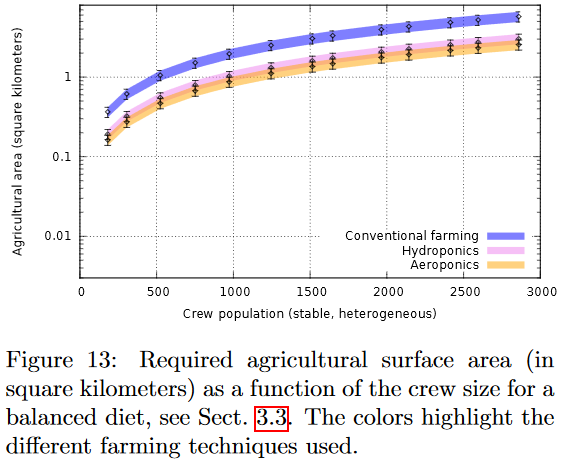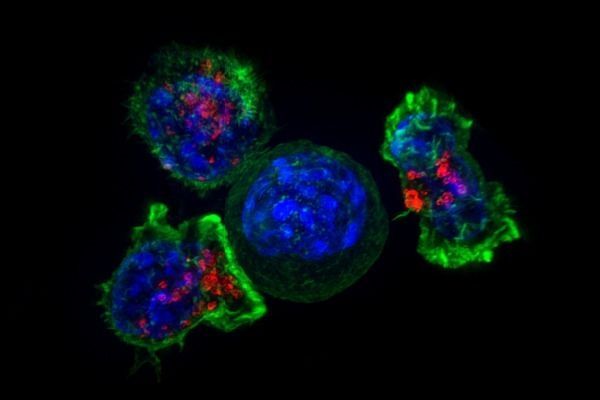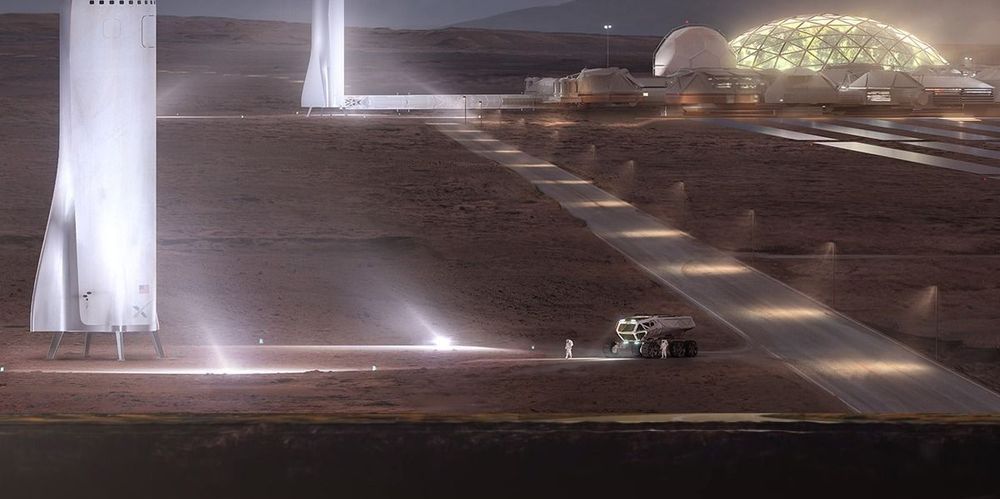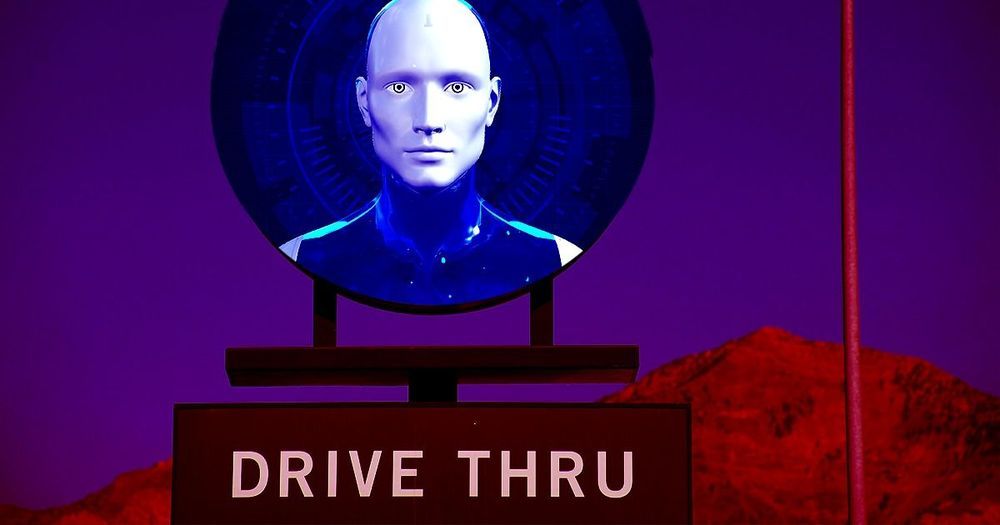University of Massachusetts Amherst food science researchers have pinpointed a set of enzymes involved in tumor growth that could be targeted to prevent or treat colon cancer.
“We think this is a very interesting discovery,” says Guodong Zhang, assistant professor of food science, whose study was published in the journal Cancer Research. “Our research identifies a novel therapeutic target and could help to develop novel strategies to reduce the risks of colon cancer.”
Colon cancer is the third most common cancer and the second leading cause of cancer-related death in the United States, according to the Centers for Disease Control and Prevention, claiming some 50,000 lives each year. Those statistics emphasize the need to discover new cellular targets that are crucial in the development of colon cancer, Zhang says.









